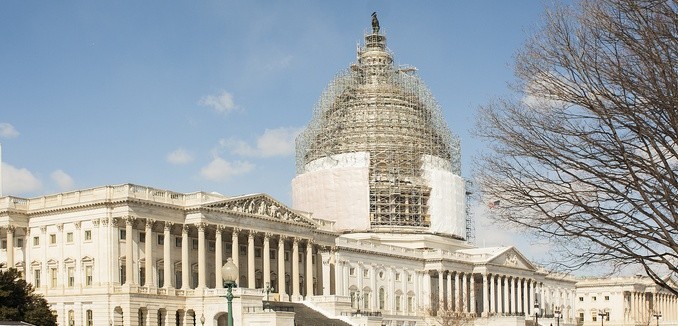According to a Quinnipiac poll released Monday, sixty-five percent of Americans believe that any agreement with Iran should be subject to congressional approval—increasing the public pressure on the White House to ensure Congress’ role in any final agreement reached. The current bipartisan legislation before the Senate, the Iran Nuclear Agreement Review Act of 2015, also known as the Corker-Menendez bill, is set for debate in the Senate starting today. The bill provides Congress thirty days to review any final deal reached.
There has been ongoing bipartisan support in Congress for passing legislation that would provide a role for the legislature on any nuclear deal reached between the P5+1 global powers and Iran. Ranking Member of the Senate Foreign Relations Committee Ben Cardin (D-Md.) declared, “I have always supported Congressional review of any final agreement with Iran.” Following the understanding reached in Lausanne on April 2, Rep. Ted Deutch (D-Fla.) said, “I look forward to a full and frank discussion with the Administration on these issues and the questions the framework leaves open, specifically including the necessary role Congress must play going forward.”
President Barack Obama originally threatened to veto any legislation relating to the current negotiations with Iran. However, On April 14, the Senate Foreign Relations Committee unanimously passed the Iran Nuclear Agreement Review Act of 2015 after Corker and Cardin worked together to make changes to the original draft that would garner support from Republicans, Democrats and the White House. Following the committee vote, the White House signaled that the President would sign the legislation agreed to in committee. Following the announcement, Senator Bob Corker (R – Tenn.), Chairman of the Senate Foreign Relations Committee, said, “The reason the administration in the last two hours has chosen the path they’re now taking is the number of senators they realized were going to support this legislation.”
[Photo: Maciej Lewandowski / Flickr ]




